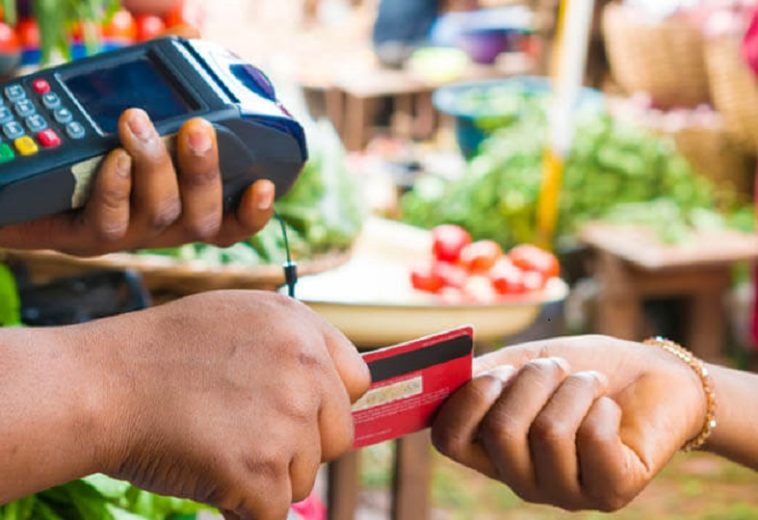The prospect of a single currency for Africa is no longer an abstract idea, but a tangible goal, as demonstrated by efforts such as the African Union’s Agenda 2063 and the African Continental Free Trade Area (AfCFTA). While the road to currency convergence is long and complex, the potential economic and political benefits for the continent cannot be overstated.
The Economic Rationale for a Unified Currency
One of the primary drivers for adopting a unified African currency is the need for enhanced economic stability. Many African nations face fluctuating exchange rates, volatile inflation, and external debt pressures, particularly those whose economies are reliant on exports of raw materials. A single currency could help insulate African economies from these shocks, enabling long-term economic planning and investment.
Studies have shown that currency convergence fosters deeper economic integration. According to the World Bank, intra-African trade currently accounts for just 17% of total trade on the continent, compared to 68% in Europe. By removing barriers such as exchange rate fluctuations and cross-border payment costs, a single currency could boost intra-African trade significantly, strengthening Africa’s position in global markets.
Lessons from the Eurozone: Caution and Optimism
The Eurozone provides a useful reference point. Since the introduction of the Euro in 1999, Europe has reaped the benefits of currency integration, including price stability, increased trade, and investment. However, the Eurozone crisis of the early 2010s highlights the challenges of creating a unified monetary policy across diverse economies.
Africa’s economic landscape is similarly varied. Countries such as Nigeria, South Africa, and Egypt have large, diversified economies, while others, particularly in the Sahel region, remain heavily dependent on agriculture and foreign aid. To succeed, a unified African currency must be carefully designed to account for these disparities. Regional blocs, like the West African Economic and Monetary Union (WAEMU), which already use a single currency, the CFA franc, offer valuable models for a phased approach to monetary unification.
READ ALSO: Can Africa Achieve a STEM Education Revolution?
Political and Institutional Barriers
Despite the economic case, significant political and institutional challenges remain. For a unified currency to function, Africa would need stronger political coordination and harmonised fiscal policies across its 54 countries. The establishment of a central African monetary authority would be essential to regulate monetary policy and ensure fiscal discipline.
Moreover, any move towards currency convergence must be accompanied by robust financial institutions, capable of managing monetary policy and preventing crises. The International Monetary Fund (IMF) has emphasised the importance of financial governance and accountability in emerging markets, suggesting that Africa’s readiness for a unified currency will depend largely on improvements in these areas.
While the road to a unified African monetary system is fraught with challenges, the potential benefits make it a worthwhile endeavour. A single currency could be transformative for the continent. However, African leaders must learn from global examples like the Eurozone, and prioritise institutional reforms and political coordination.




